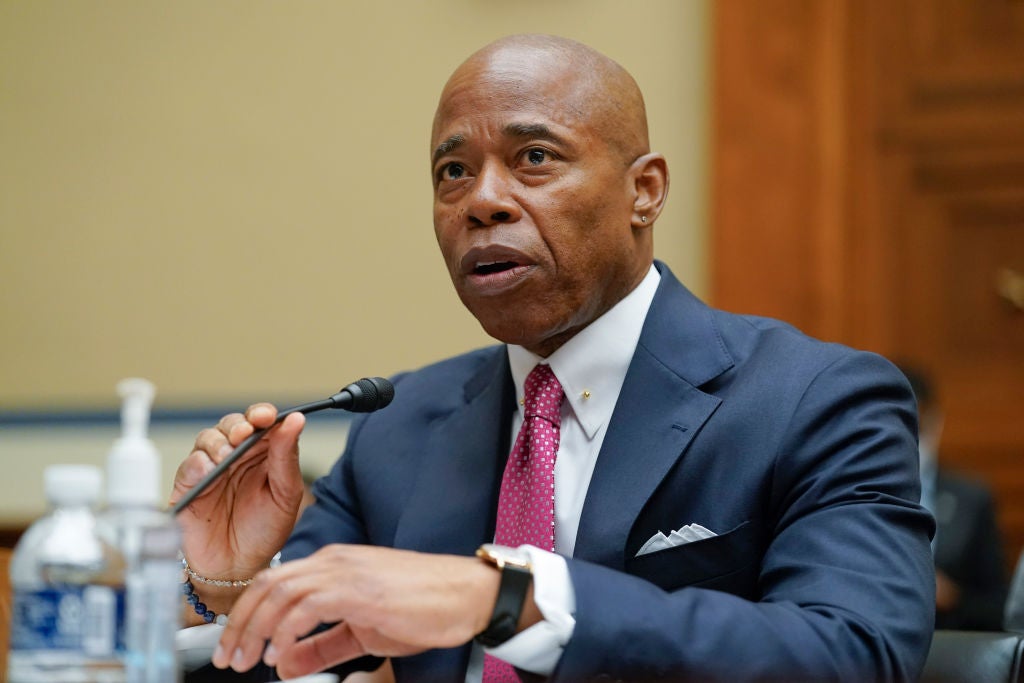
A federal judge has dismissed the corruption case against New York City Mayor Eric Adams. U.S. District Judge Dale Ho’s decision comes nearly two months after the Trump administration controversially sought to drop the charges against the Democratic mayor.
Judge Ho threw out the case “with prejudice,” which permanently prevents the Department of Justice from refiling against Adams in U.S. District Court in Manhattan. In his ruling, the judge criticized the DOJ’s request to dismiss the case without prejudice, which would have allowed for future prosecution, CNBC reports.
He expressed concern that such a dismissal could be perceived as a political bargain, stating, “Everything here smacks of a bargain: dismissal of the Indictment in exchange for immigration policy concessions” by Adams.
The DOJ had argued that continuing with the case might hinder Adams’ ability to govern and cooperate with President Donald Trump’s immigration policies. This stance led to internal strife within the DOJ, resulting in the resignation of several prosecutors, including acting Manhattan U.S. Attorney Danielle Sassoon.
Judge Ho emphasized the unprecedented nature of the DOJ’s reasoning, noting, “DOJ cites no examples, and the Court is unable to find any, of the government dismissing charges against an elected official because doing so would enable the official to facilitate federal policy goals.”
Adams, who had pleaded not guilty to charges including bribery and fraud, maintained his innocence throughout the proceedings. Following the dismissal, he said, “This case should have never been brought and I did nothing wrong.”







The dismissal allows Adams to focus on his re-election campaign. He faces challengers, including former Governor Andrew Cuomo, in his bid for a second term. On Thursday, the mayor announced that he will now run for re-election as an independent candidate.
“I firmly believe that this city is better served by truly independent leadership, not leaders pulled at by the extremists at the far left or the far right, but instead those rooted in the common middle, the place where the vast majority of New Yorkers are firmly planted,” Adams said.





